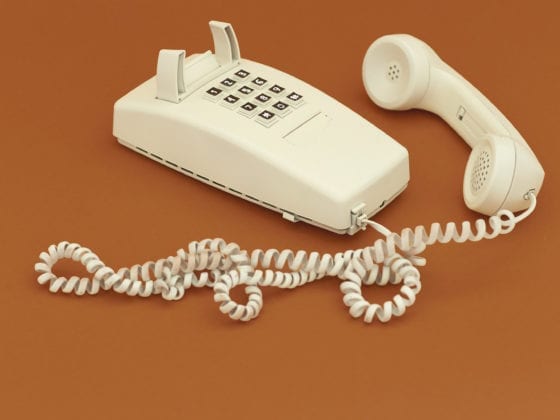When I was growing up, my family basically ate steak and potatoes. We ate at burger places, Italian food restaurants and the occasional hibachi grill, but what we didn’t do was go to many places where we didn’t already know what we liked.
I definitely get it. Walking into a restaurant where you don’t understand the proper etiquette or opening a menu where the words don’t really mean anything to you can be intimidating. What if you order the wrong thing? What if you order something new and don’t like it?
I didn’t realize how reductive my education in food really was until I was in college. Friends took me to restaurants I didn’t know I was missing out on or they cooked “new-to-me” foods. When I studied abroad, I confirmed that Italian pasta was even better than I’d hoped it would be, but I also figured out what I liked in Germany, France and the United Kingdom. After school, I started traveling and finally understood that Thai food was incredibly different from Vietnamese or Taiwanese food.
These are incredibly simple statements that I had to learn. I had to get uncomfortable, and I’m so glad I did. If I hadn’t, then I never would have learned that xiaolongbao from Din Tai Fung is my absolute favorite food. My curiosity has been rewarded time and time again—in many more realms than just food. Yet, I’ve noticed that I can get complacent if I’m not intentional about continuously learning.
I had to get uncomfortable, and I’m so glad I did.
It’s much more comfortable to stay in realms you know—eating at the same restaurants, reading the same genres of books and talking to the same people. Being the new person in a class or trying to figure out where to start with a new kind of music is awkward. However, all that discomfort—if you really lean into it and accept that other people have plenty to teach you—can actually be the first sign of growth.
Here are some ways that you can keep learning throughout adulthood:
Read. Then, read some more.
Now, the old school way to continue learning is both incredibly simple and wildly complex: books. Simple because they’ve been the easiest way to learn for thousands of years at this point. Complex because you could learn pretty much anything—a new science or a new language, the history and heart of any culture in pretty much any time.
Reading is always better than not reading, but if your goal is learning, then it’s important to make sure you’re not staying too stuck in one genre or time period. If you read mostly contemporary or young adult, then check out what’s new in nonfiction or grab that classic you’ve been meaning to read. (As a starting point for classics, Anna Karenina is a much more readable book than you’d expect! Don’t be intimidated by the size.)
Embrace the Internet.
The new school way to keep learning? The vast and wild reaches of the Internet. You can find absolutely anything online. Podcasters and YouTubers are always digging through cold cases, food trends or discarded fashions. There are sites like Hubspot that offer professional certifications and Skillshare or Masterclass that curate courses from experts and celebrities.
There’s also archive.org, where you can find anything from university courses to years-old sets from your next favorite musician. If you’re looking for language help, then apps like Duolingo and Drops are great, but try Tandem too. Nothing matches finding an actual conversation partner.
Explore, both near and far.
Also, learning doesn’t have to be a sedentary activity. Visit a “new-to-you” museum or sign up for a specific tour. If, somehow, you’ve been to all the museums in your city, then, drive! There’s sure to be another within a few hours. Exploring is absolutely learning, or at least a vehicle to learning.
Weekend trips are a great way to expand your horizons, but you don’t have to go far. Find a nature walk somewhere close by. Try a new restaurant that serves food you’re not familiar with. Sign up for an in-person class. Local studios, artists and teachers are always offering pottery, guitar or kickboxing lessons. In-person classes may be the least accessible way to learn something new, but they’re probably the most effective.
Keep asking questions.
Finally, just ask questions. Ask grandparents what life was like when they were your age. Ask your friends why they care about the causes they care about. Ask friends and family members who grew up in different cities or countries about the writers or artists who matter to them. Then, go hunt down a copy of that book or movie!
Now that I’m several years free from the demands of education, it’s increasingly easy to just stay comfortable. I have work, friends and hobbies that I understand intimately. Yet, I make a point to get uncomfortable, and it’s absolutely worth it.
I make a point to get uncomfortable, and it’s absolutely worth it.
Learning keeps your mind young and being a newbie over and over again has helped me stay humble. Try adding a few of these apps or an online class or two into your routine, but beyond anything else, keep asking questions. Stay curious.
Do you think learning certain things has an age limit? Why is it important to continue learning throughout life?
Image via Angelo Sgambati, Darling Issue No. 13











